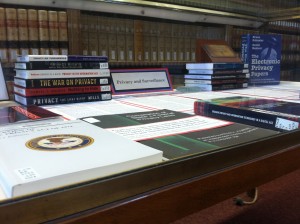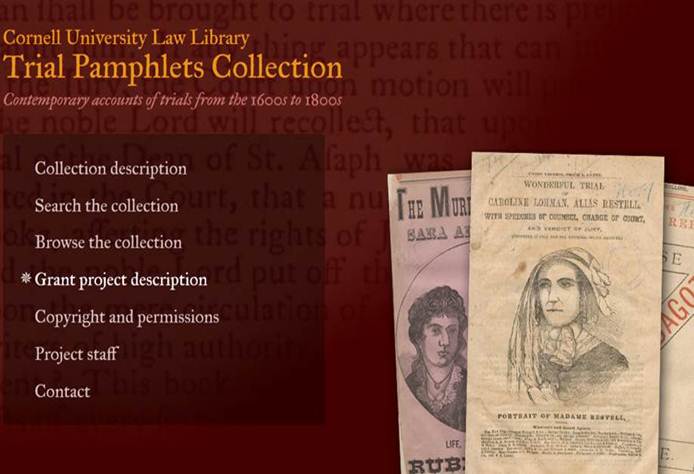The Cornell University pilot online participation initiative  Regulation Room announced this morning it has opened a space for public comment on the Consumer Financial Protection Bureau‘s proposed rules (regulations) about new consumer mortgage protections. These proposals are prompted by problems revealed during the mortgage crisis:
Regulation Room announced this morning it has opened a space for public comment on the Consumer Financial Protection Bureau‘s proposed rules (regulations) about new consumer mortgage protections. These proposals are prompted by problems revealed during the mortgage crisis:
“The CFPB’s rules would help ensure that mortgage companies communicate effectively with borrowers, keep good account records, and avoid certain practices that harm consumers. The proposed rules focus on ensuring that all consumers receive accurate and timely information about the status of their home mortgages, and that borrowers who are in trouble are told about their options for receiving help.”
If you’re not yet familiar with Regulation Room, it’s designed and operated by the Cornell eRulemaking Initiative (CeRI) and hosted by the Legal Information Institute (LII). CeRI experiments with how Web 2.0 outreach and participation technologies can expand the kinds of voices that take part in federal agency policy-making. Regulation Room visitors will find the 800+ pages of CFPB explanation organized and condensed into 10 “issues posts,” written in plain language with links to a glossary and primary documents. The unique targeted commenting function allows users to link their comments to specific topics, and to have threaded discussion with others. Student moderators, trained in group facilitation techniques, mentor effective commenting and stimulate discussion. Regulation Room will send a detailed summary of the comments to CFPB. Particular target audiences for this discussion are individual consumers and small community banks and credit unions.
To learn more about Regulation Room and CeRI, read Cornell University Law School‘s Spotlight and Regulation Room’s About.







